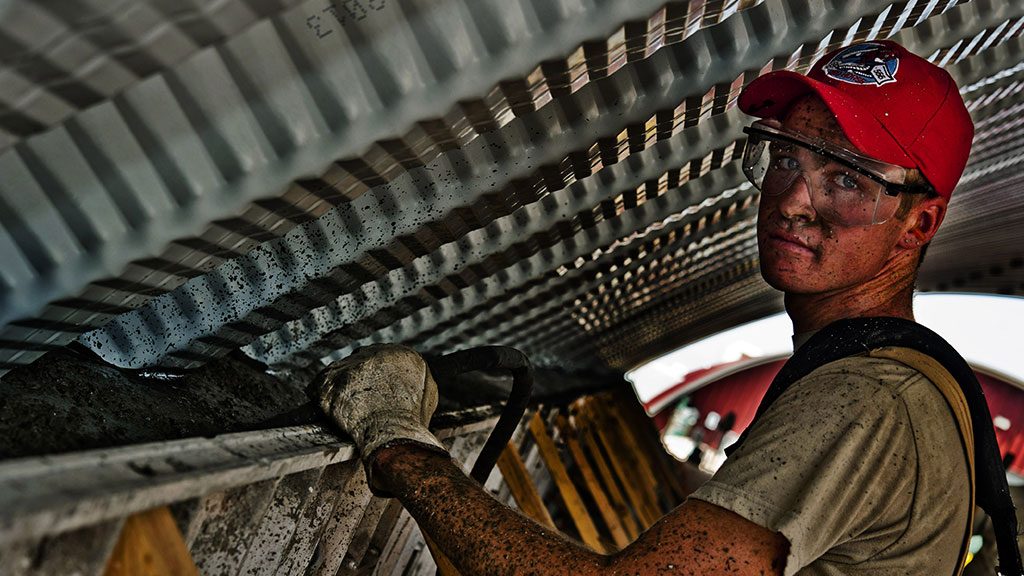The BC Construction Safety Alliance (BCCSA) has launched a workplace mental health training program.
The program has two parts to it.
Part One, called Every Mind Matters at Work – For Construction, is a six-module overview of workplace mental health.
It is online and can be taken at participants’ convenience here.
Here with a brief summary of the six modules:
- Module 1: Introduction.
- Module 2: Learn the difference between mental health and mental fitness. Indigenous mental health model.
- Module3: Learn the common mental health conditions at work. Recognize the signs of mental health issues. Learn how to notice and support myself and others.
- Module 4: Learn about the occurrence and impact of mental health issues at work and how mental health issues can affect safety.
- Module 5: Find out where mental health and wellness services are and how to access them.
- Module 6: Learn how to deal with being exposed to distressing scenarios at work.
Diana Vissers, who developed and delivers the mental health program, says that as of the end of March 38 people have completed Part One.
Part One is a prerequisite for Part Two, which is for supervisors and managers.
Some of the material covered in the second part, called Managing Minds at Work – In Construction, includes the following:
- The legislation covering the supervision and management of workplace mental health and the roles and responsibilities of supervisors and managers.
- Common indicators of a potential mental health issue. Strategies and actions for responding to potential mental health issues.
- Framework for how to have “a difficult conversation” with a colleague about mental health.
- Strategies to support and enhance organizational mental health.
“It’s a full-day, seven-hour, in-person workshop for construction leaders,” says Vissers.
Workshops will be held in April, July and August in Vancouver, Victoria, New Westminster, Kelowna, Prince George and Fort St. John.
“There has been a lot of interest in the program,” says Vissers. “There are 135 people on the waiting list (at the end of March).”
Vissers is an occupational health consultant and CEO of Work to Wellness, a B.C. company that addresses workplace mental health problems for individuals and organizations.
“I train resiliency and stress management,” she says. “Think of it as physiotherapy for the mind.”
Vissers says the most common symptoms of failing mental health in the workplace are anxiety, depression and substance use disorders.
“Unfortunately, there’s a taboo in the construction industry around talking about feelings – especially negative feelings – and mental health,” she says. “Men are supposed to be strong and silent types and not act ‘weak’ if they’re in emotional pain. But not speaking out is isolating and doesn’t make the pain go away.”
BCCSA is the sponsor of the program.
Erin Linde, director of health and safety services with the alliance, says the impetus for the program came from a request by the BCCSA’s Fire and Flood Restoration Program Technical Advisory Committee (FFRP TAC).
“The committee came forward to meet with me to address some of the secondary trauma the members of the group experiences in their work,” says Linde.
The chairman of the committee is Justin McConville, director of national health and safety of On Side Restoration Services, a fire and flood restoration and rebuilding company that operates coast to coast.
McConville says restoration workers face a multitude of psycho-social hazards that are unknown in most other lines of work.
“We’re trying to restore the lives of the victims of natural and other disasters and the work is very stressful,” says McConville. “Property owners are angry and stressed, the hours are long and unpredictable and it’s hard on our families. The worst part of it is the trauma if people have been injured.”
In asking for a mental health program for its workers, McConville says the FFRP TAC wanted to be proactive and protect them against the emotional stress and strain they face on the job.
“It’s very difficult work for both the restorers and the people they’re trying to help,” says McConville. “Our workers need to know that what they’re experiencing isn’t normal and that they’re able to get help if they need it.”
Some restoration companies, such as On Side, will host large groups for the mental health program.
“About 50 On Side employees will be taking the course in B.C.,” says McConville.
“I’ve signed up for it,” he says. “It has much to offer our industry. I’m looking forward to it.”
Cost of the program is $65 for Part One and $299 for Part Two.



Recent Comments
comments for this post are closed